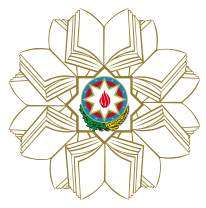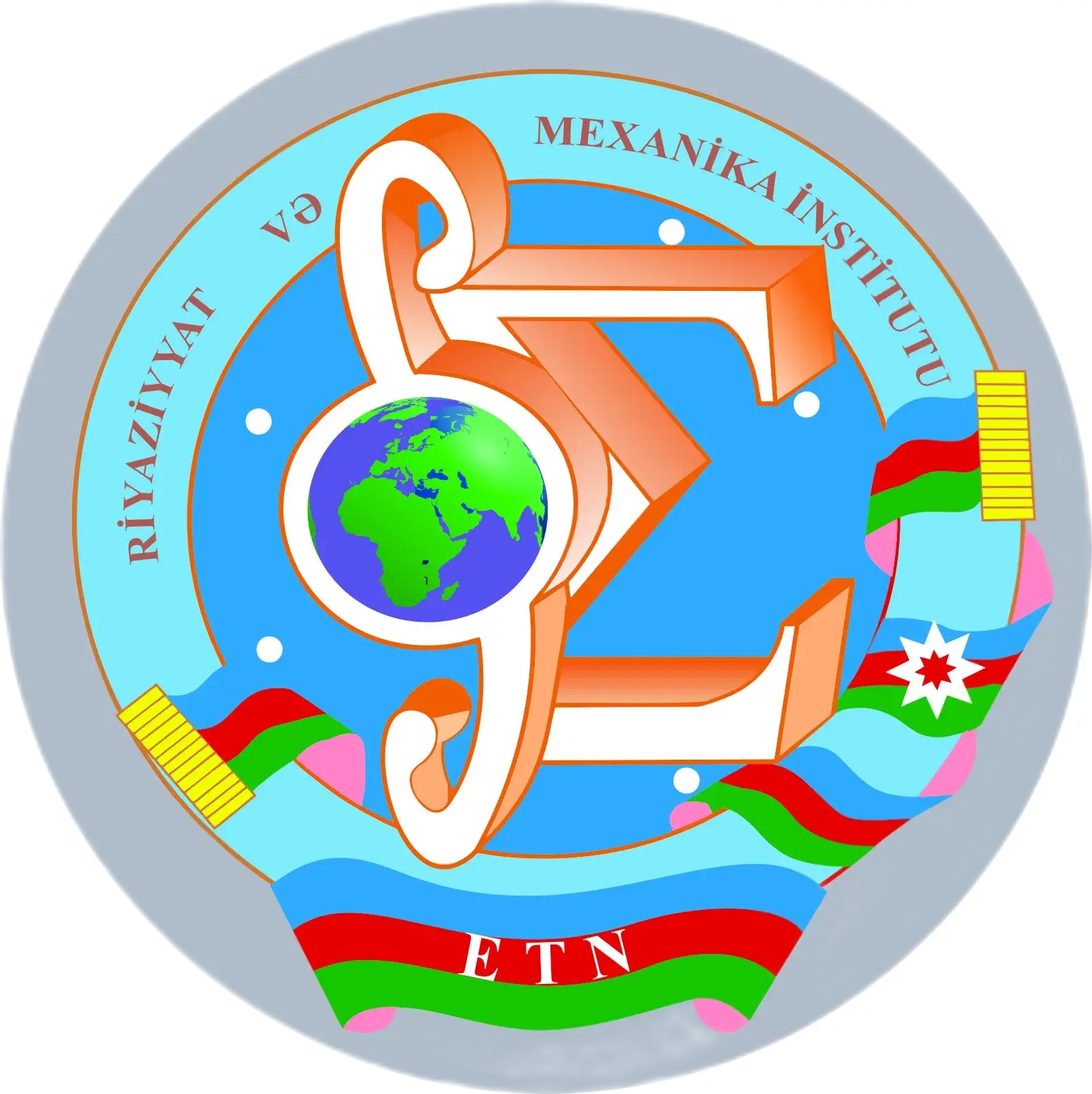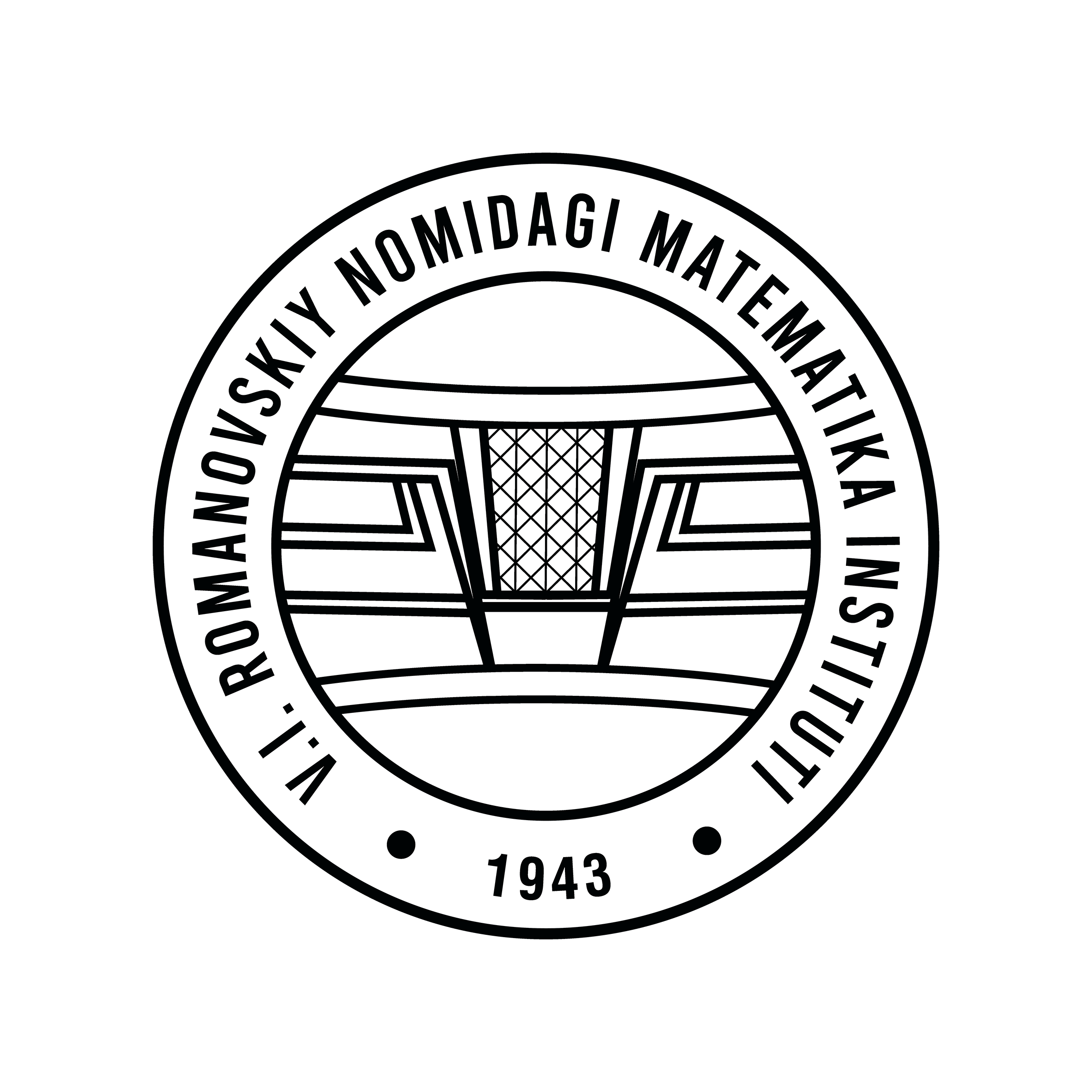
Ministry of Science and Education of the Republic of Azerbaijan
Institute of Mathematics and Mechanics

Institute of Mathematics and Mechanics of the Ministry of Science and Education of the Azerbaijan Republic with the participation of the Institute of Information Technologies of the Ministry of Science and Education of the Azerbaijan Republic, V.I. Romanovsky Institute of Mathematics of the Academy of Sciences of Uzbekistan and Yildiz Technical University of Turkiye is holding the XII International Scientific Conference “Modern Problems of Mathematics and Mechanics” on September 03-06, 2025 in Baku, AZERBAIJAN.
This conference will be an international forum for mathematicians, mechanical engineers and specialists in the field of mathematical education to present their latest research and development results in all areas of pure and applied mathematics, mechanics, educations and their possible advanced applications in real life.
Full versions of the accepted papers will be considered in the journals listed on the conference website after undergoing a reviewing process.
The official language of the conference is English.
Participation in the conference will be available both in-person and online.
Only participants who deliver a presentation at the conference will be eligible for abstract publication and certificate issuance.
Conference web page: https://mpmm.imm.az
Participation in the conference will be available both in-person and online.
Only participants who deliver a presentation at the conference will be eligible for abstract publication and certificate issuance.
Conference web page: https://mpmm.imm.az









